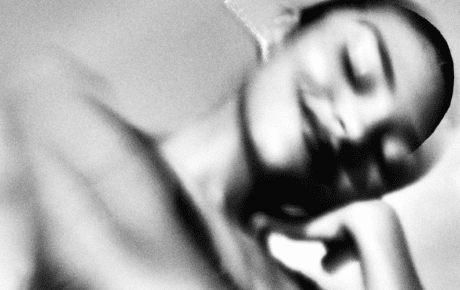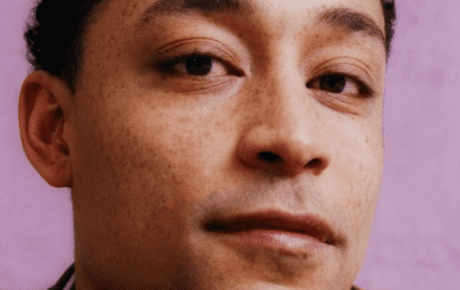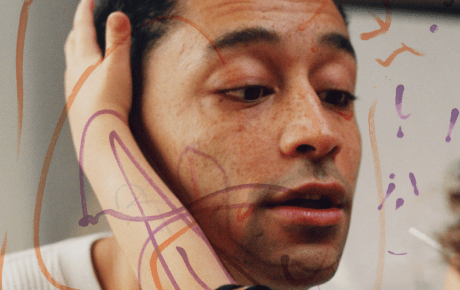Me Against The World is the album that made 2Pac artist we know and revere today. While his next two efforts, All Eyez On Me and The Don Killuminati: The 7 Day Theory (and their respective singles), would raise his profile, it was Me Against The World that transcended the cultural trappings surrounding 90s gangsta rap, making Tupac a cultural force that went beyond hip-hop.
Released on 14 March 1995, Me Against The World was 2Pac’s most introspective effort to date. Hitting the shelves while he was still in prison, the album helped shift his image from that of gangsta rapper to more of a gangsta poet, setting the stage for 2Pac to become one of the most famous MCs in the world. Heading straight to No.1 in the US, it also made 2Pac the first star to top the album charts while in prison. But despite the press labelling his lifestyle (and its harsh consequences) a persona, 2Pac knew better than anyone the realities of thug life, and Me Against The World found him coming to terms with them.
Refusing to sugarcoat harsh realities
Nearly a quarter of a century later, 2Pac’s death is still one of the most impactful events in hip-hop history – arguably the root cause of the music’s wider paranoia and obsession with death. Me Against The World’s introduction sets the stage for this worldview, featuring a string of news broadcasts that are equal parts truth and fiction, recounting robberies, shootings, court drama and the media storm that followed. Amid all this chaos, and his looming prison sentence, 2Pac started laying the groundwork for the album.
A morbid preoccupation with his own demise is expressed most explicitly on two tracks that more or less bookend the album, ‘If I Die 2Nite’ and ‘Death Around the Corner’. Both songs present Pac’s fear of death as a persistent, gripping force that looms over every lyric, a fatalistic reality that can only be dealt with an ambivalent approach to mortality. When it comes to introspection, hip-hop has a reputation for morbidity, and 2Pac certainly furthered that, but his refusal to sugarcoat the harsh realities of urban life was part of his appeal.
Unafraid to speak his mind
On ‘Lord Knows’ and ‘So Many Tears’, 2Pac is not the only one experiencing these societal ills – everyone around him is, too. But Me Against The World also reveals 2Pac’s duality: the gun-toting “thug” on ‘Heavy In the Game’ and the street poet who wants to elevate his community and the women in it, as on ‘Dear Mama’ and ‘It Ain’t Easy’. On the former, he empathises with the difficulties his mother had raising him, while the latter is more of a nostalgic lament than an angry cry.
2Pac doesn’t shy away from his own inner turmoil, either. He’s shockingly candid about his own depression and pain on ‘Lord Knows’, while ‘So Many Tears’ sees him understanding how cruel the world can be to other young lives. Set against these high-stakes situations, Dr Dre’s production is all calm, low-riding bass and smooth synths that complement 2Pac’s flow.
If Me Against The World revealed 2Pac’s mindset before his incarceration, All Eyez On Me and The Don Killuminati contained elements of the things he learned and practiced during that period. But you need to look at his body of work as a whole in order to get the full picture. Despite being his third album, Me Against The World is essentially 2Pac’s origin story: it’s the album where the man and the myth meet. Forever altered by violence, paranoia and the consequences of lifestyle choices, 2Pac was never afraid to speak his mind about what he saw unfolding all around him.












